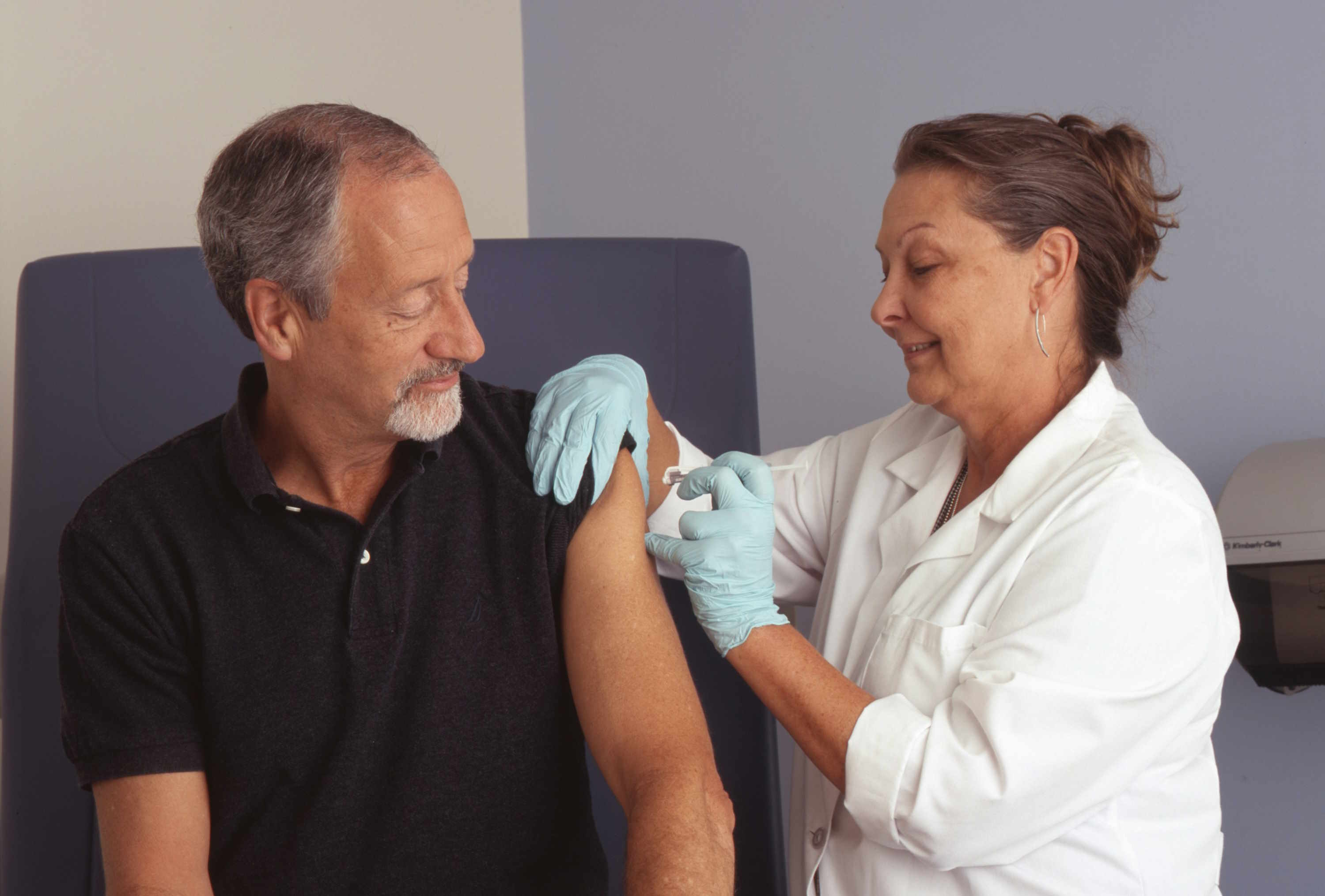Stomach Cancer Treatment Options and Care
Stomach cancer (gastric cancer) refers to malignant cells that form in the inner lining of the stomach and can affect digestion, weight, and overall health. Treatment depends on the cancer’s stage, location, and the patient’s general health; common approaches include surgery, chemotherapy, radiation, targeted drugs, and supportive care. Early detection and a coordinated clinical team can influence outcomes and help manage side effects while preserving digestive function and quality of life.

This article is for informational purposes only and should not be considered medical advice. Please consult a qualified healthcare professional for personalized guidance and treatment.
What is stomach cancer?
Stomach cancer develops when cells in the gastric lining grow abnormally and form tumors. It can be classified by location (cardia, body, antrum), histology (intestinal or diffuse type), and stage (local, regional, metastatic). Symptoms often overlap with benign digestive conditions and may include persistent indigestion, unexplained weight loss, early satiety, nausea, or blood in stools. Because symptoms can be subtle, diagnosis often requires endoscopy with biopsy and imaging studies. Understanding the type and extent of disease guides decisions about cancer treatment and long‑term monitoring.
How is cancer treatment determined?
A multidisciplinary team—surgeons, medical oncologists, radiation oncologists, radiologists, pathologists, and nutritionists—evaluates each case to recommend a plan. Key factors include tumor stage, molecular markers (for example HER2 status), overall performance status, and patient preferences. For localized disease, surgery with curative intent is often primary, sometimes preceded or followed by chemotherapy or radiation (neoadjuvant or adjuvant). For advanced or metastatic disease, systemic therapies (chemotherapy, targeted therapy, immunotherapy) are used to control growth and symptoms. Treatment planning balances expected benefit with potential medical risks and impact on digestive health and daily life.
What medical tests and staging are used?
Medical evaluation typically starts with endoscopy and biopsy to confirm diagnosis. Imaging such as CT, PET/CT, or endoscopic ultrasound helps stage the cancer and assess spread to lymph nodes or distant organs. Laboratory tests can evaluate organ function and nutritional status. Molecular testing of tumor tissue may identify targets for therapy (for example HER2 amplification or mismatch repair deficiency). Accurate staging guides whether surgery is appropriate and which systemic therapies may benefit the patient. Reassessment during treatment helps to monitor response and adjust the treatment course.
How does healthcare support patients during care?
Comprehensive healthcare for stomach cancer includes medical treatment plus supportive services: nutritional counseling, symptom control, psychological support, and rehabilitation. Nutritionists can help manage weight loss and vitamin deficiencies that arise after surgery or during chemotherapy. Pain management, antiemetics for nausea, and interventions for swallowing difficulties are commonly provided. Palliative care teams can work alongside curative treatments to improve comfort and quality of life. Coordination between specialists and local services helps patients access follow‑up care, clinical trials, and community resources relevant to recovery and long‑term surveillance.
How to manage digestive health during treatment?
Maintaining digestive health is a key part of care. After stomach surgery, patients may need dietary adjustments: smaller, more frequent meals; limiting high‑sugar foods to reduce dumping syndrome; and monitoring for anemia or vitamin B12 deficiency. During chemotherapy or radiation, side effects such as nausea, mucositis, and altered appetite require proactive management with medications and dietary strategies. Working with a registered dietitian experienced in oncology can reduce complications and support weight and strength. Regular monitoring of digestive symptoms and prompt discussion with the medical team helps to prevent nutritional decline.
Conclusion
Stomach cancer treatment is individualized and often involves a combination of surgery, systemic therapy, and supportive care to address both tumor control and digestive health. Decisions are based on accurate medical assessment, staging, and patient factors, with a multidisciplinary healthcare team coordinating care. Ongoing follow‑up and symptom management play important roles in recovery and maintaining quality of life. For personalized recommendations and treatment planning, consult a qualified healthcare professional.






